Women still climbing to the top in business
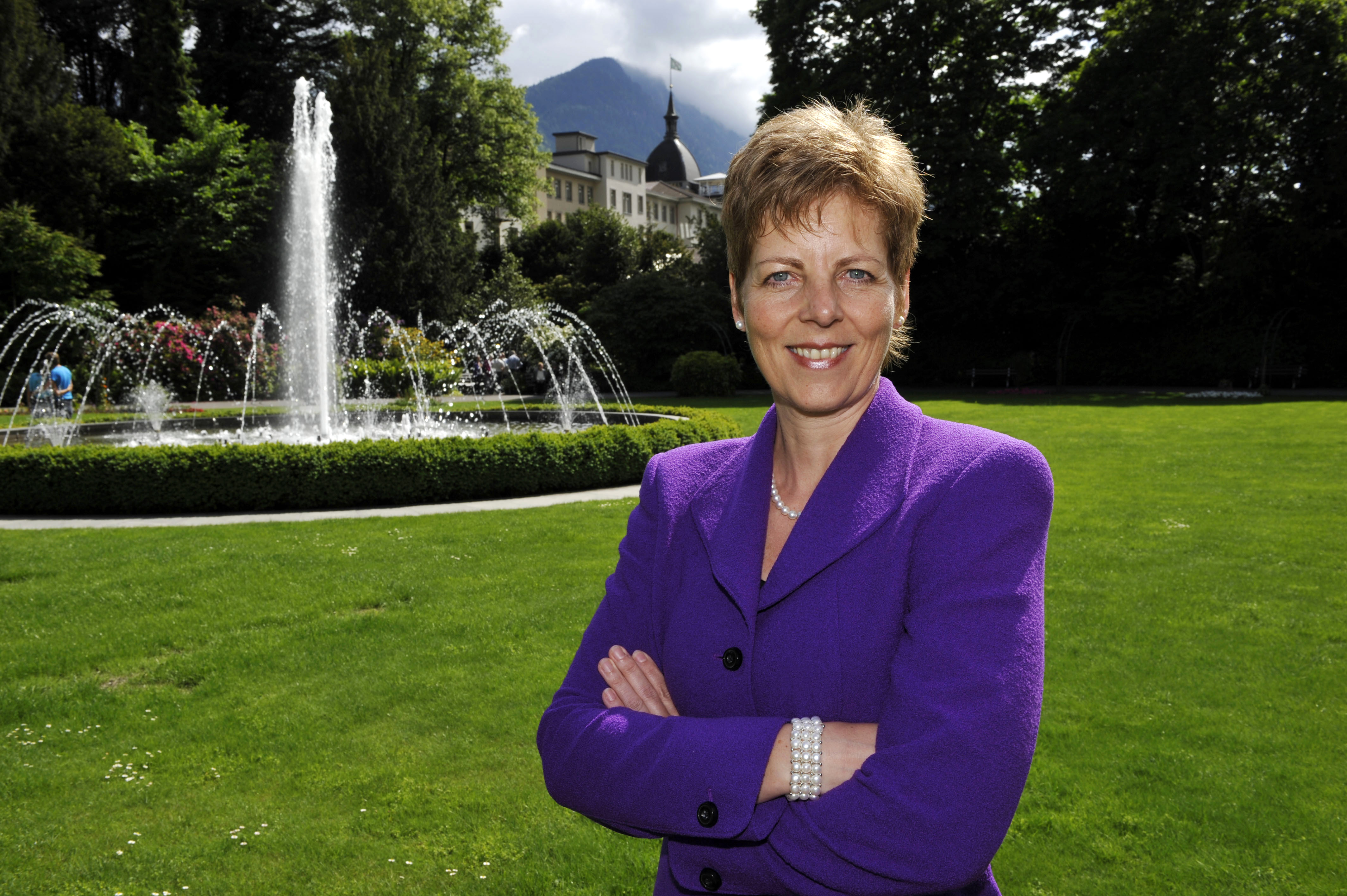
International Women’s Day on Tuesday may celebrate strides made towards equality in Switzerland, but female bosses are still few and far between in the country.
The State Secretariat for Economic Affairs (Seco) has just issued a set of good practices to encourage firms to appoint more women to top positions, with the support of two employers’ associations. But critics say that voluntary measures don’t go far enough.
Currently women make up around four per cent of executive management in Switzerland and account for 8.3 per cent of company boards. Seco says the situation has hardly changed over the past ten years.
“One important issue is combining work and family, the framework conditions have to be right because otherwise those with families cannot progress in their careers,” Martina Schläpfer, of the job and family/women and career section at Seco, told swissinfo.ch.
“The second reason is the glass ceiling. It’s very difficult to get to the higher echelons because often other issues play an important role over professional experience such as personal networks – men are better networked and mutually recommend each other to boards.”
However, studies have shown that firms with more women in executive management perform better and that mixed teams are more creative and better attuned to customers’ needs, says Schläpfer.
The good practices, set out in the “Women in leadership positions – how it works” brochure, are based on the experiences of ten companies.
They cover areas such as company cultural change, career development and work-life balance, as well as the recruitment process, which, Schläpfer says, can often be strongly tailored to men.
Targets
Some companies have explicit goals – pharmaceutical giant Roche has a target of 20 per cent women in top management by the end of 2014. IBM Switzerland also does well – its boss is Isabelle Welton, and it has 21 per cent women on the board and 33 per cent women executives.
Seco itself has just appointed its first-ever female head, Marie-Gabrielle Ineichen, from April 1.
However, two of the firms, consultants PriceWaterhouseCoopers and electronics company Feller, don’t have women in top positions, even if they have mentoring programmes and support part-time working.
The firms’ reasons for encouraging more female participation range from fears over a labour market shortage in 2015 to presenting themselves as better employers.
Seco’s initiative – released on March 3 – has the support of the Swiss Employers’ Association, which has called for a company culture change, and the Swiss Association of Small and Medium-Sized Enterprises, which wants to see women’s talents used.
Voluntary or quotas?
However, the Swiss Trade Union Federation is critical of the Seco initiative. “Such a publication is all very well and good but it really shows that we are not really advancing through relying on voluntary measures,” said its equality secretary Christina Werder.
Equality has been anchored in the Swiss constitution for 30 years, she said, but has not fully reached the workplace, not least because women still earn around 20 per cent less than men.
The debate needs a new impulse, she says. “That’s why unions want people on June 14 to come out and call for equal pay, more crèche places, and for paternity and parental leave,” Werder told swissinfo.ch, referring to a planned day of action.
“Women have wanted equal pay for a long time but we must realise it’s not coming voluntarily, also women in top positions is not coming voluntarily.”
Female quotas for companies, in place in Norway since 2008 and to be imposed in neighbouring France in boards by 2017, have been the subject of debate in Switzerland.
However, Schläpfer says this is politically not an issue, as parliamentary initiatives on the subject have always been rejected.
Voluntary measures take time, she admits. “But if firms take action themselves out of conviction it is often more sustainable.”
Women earn on average 20% less than men in Switzerland. Around 40% of this differences comes from discrimination, says the Federal Equality Office. Women executives earn up to 30% less than men. The working world is still quite divided between “men’s” and lesser-paid “women’s” professions, it adds.
Six out of ten women in employment work part-time. Among men this figure is one in eight, or 12%.
Women are poorly represented at management level. Only 3% of managers and 4% of directors of Swiss listed companies are women.
Switzerland is not alone. A study by consultants Mercer, also released on March 3, showed that two thirds of European firms surveyed had no strategy for promoting women in top positions. Only 11% planned such initiatives.
International Women’s Day (8 March) is a global day celebrating the economic, political and social achievements of women.
The first events were run in Austria, Denmark, Germany and Switzerland in 1911 and attended by over one million people. Now the day is marked in many countries and is an official holiday in approximately 25 countries including Afghanistan, Russia, Ukraine, Vietnam and Zambia.
Events are being held around the world. In Switzerland, this includes the IMD business school in Lausanne co-hosting a Women in Leadership event (March 10-11), a Swiss-US Bilateral Women’s Conference 2011 in Bern (March 7) and an event by the Swiss Trade Union Federation (March 8).

In compliance with the JTI standards
More: SWI swissinfo.ch certified by the Journalism Trust Initiative

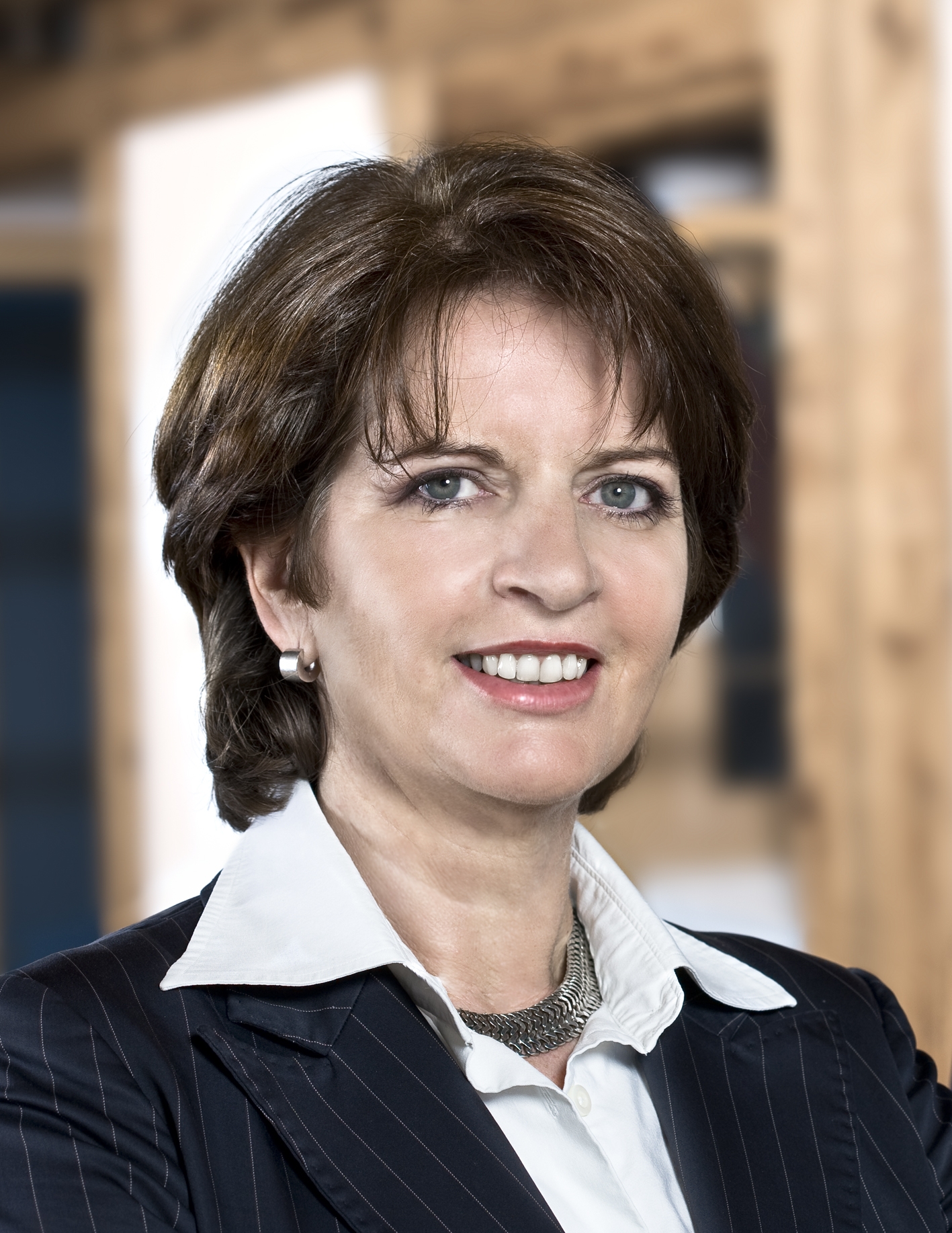
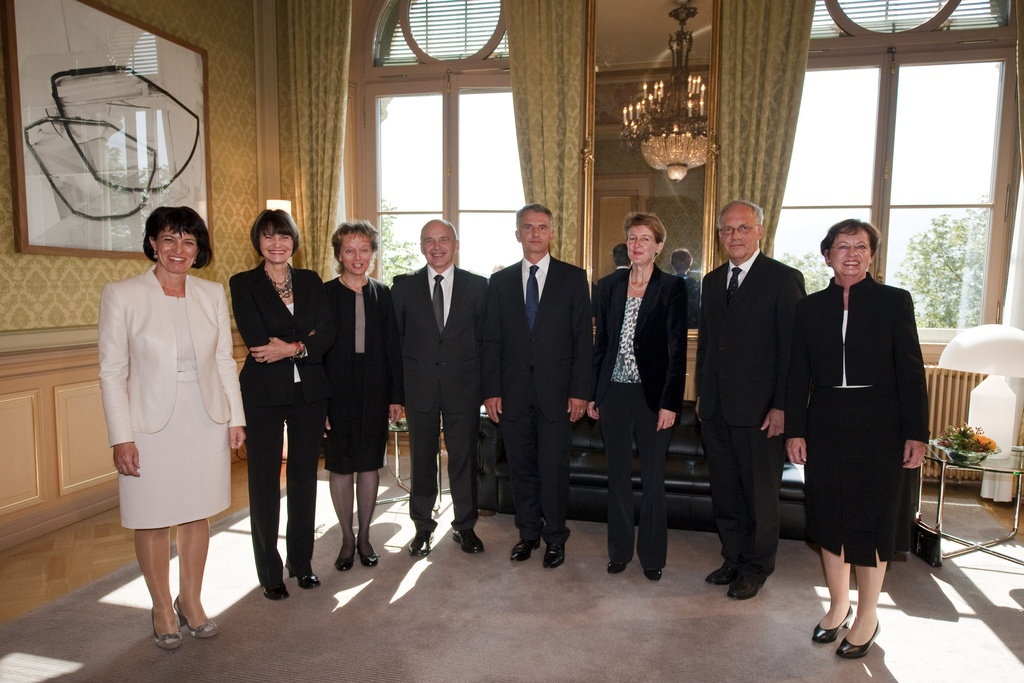
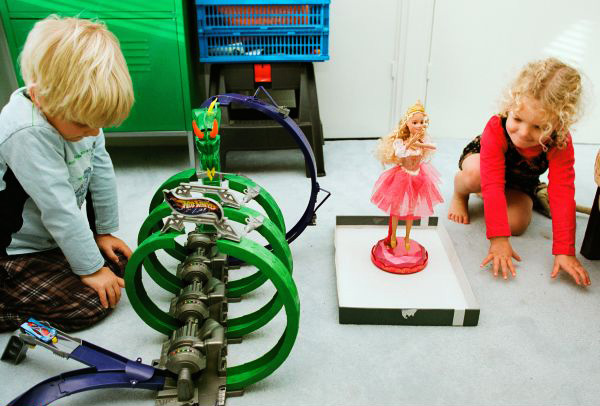

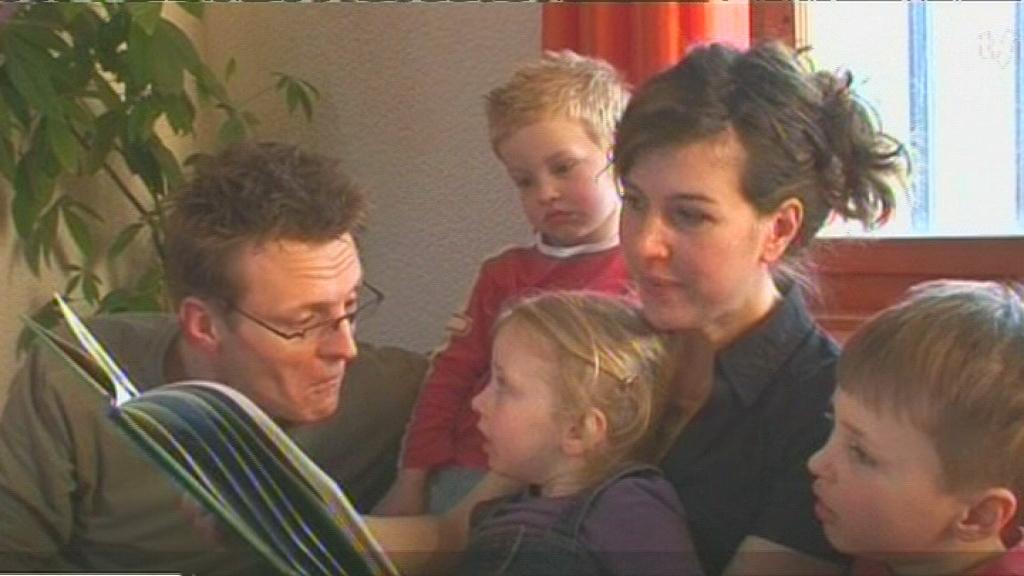
You can find an overview of ongoing debates with our journalists here. Please join us!
If you want to start a conversation about a topic raised in this article or want to report factual errors, email us at english@swissinfo.ch.